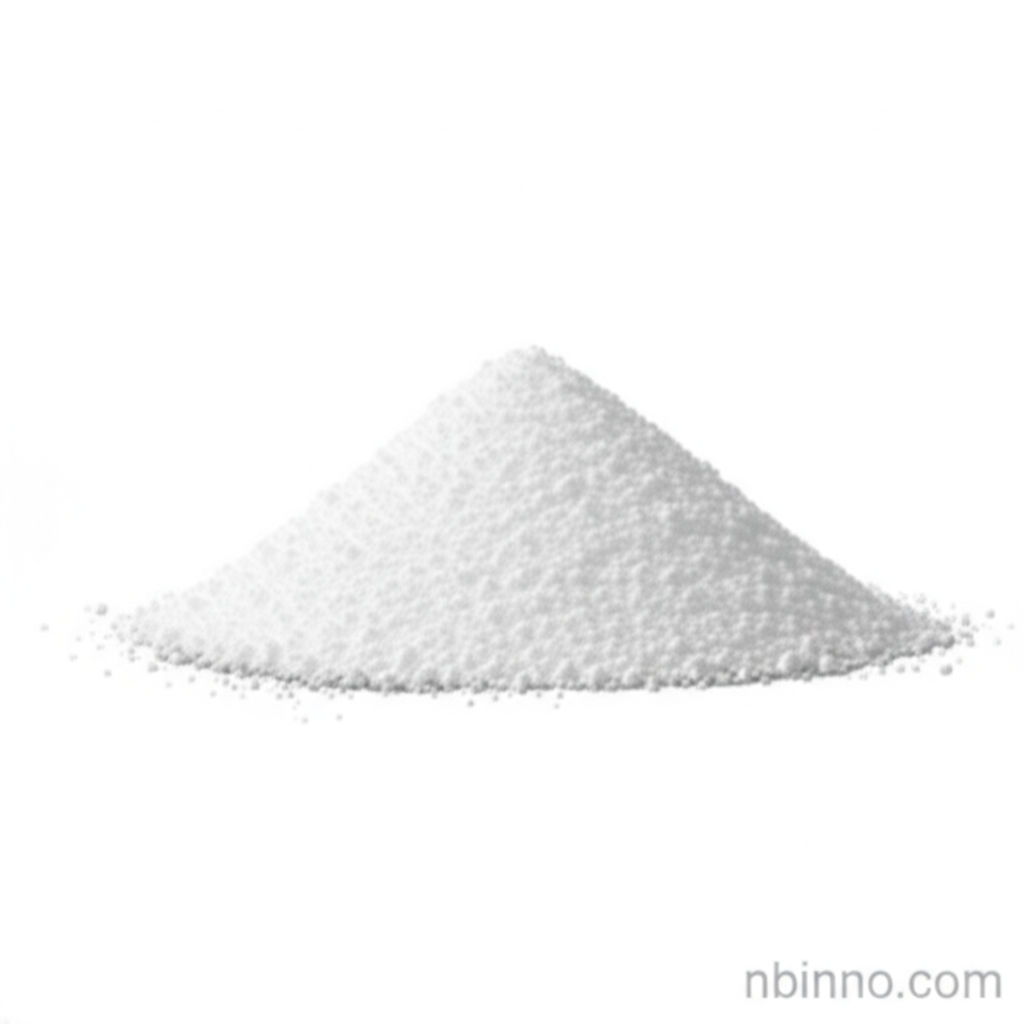2,2'-Azobis(2-methylpropionitrile): Your Key to Efficient Polymerization and Chemical Synthesis
Unlock advanced chemical processes with a reliable and versatile radical initiator.
Get a Quote & SampleProduct Core Value

2,2'-Azobis(2-methylpropionitrile)
As a premier azo compound, 2,2'-Azobis(2-methylpropionitrile) (AIBN) stands out as a highly effective radical initiator. Its ability to decompose at moderate temperatures, releasing nitrogen gas and stable free radicals, makes it invaluable for controlled polymerization reactions. This characteristic ensures efficient initiation for a wide range of monomers, contributing to the development of high-performance polymers and advanced materials.
- Discover the benefits of AIBN in polymerization: This compound is a cornerstone for achieving consistent and efficient free-radical polymerization processes, leading to polymers with desired characteristics.
- Explore the advantages of AIBN over peroxides: Unlike organic peroxides, AIBN-derived radicals produce fewer oxygenated byproducts and less yellow discoloration, ensuring cleaner polymer products.
- Leverage AIBN for diverse organic syntheses: Beyond polymerization, this azo compound serves as a versatile intermediate in various organic synthesis reactions, facilitating complex molecular constructions.
- Ensure safe handling with proper storage of radical initiators: Understanding the specific storage requirements for AIBN is crucial for maintaining its stability and preventing hazardous decomposition, ensuring operational safety.
Key Advantages
Controlled Polymerization
Utilize AIBN as a reliable radical initiator for controlled polymer synthesis, achieving specific molecular weights and architectures essential for advanced material design.
Enhanced Product Quality
Benefit from the cleaner decomposition pathway of AIBN, minimizing unwanted byproducts and yellowing, which leads to superior quality and aesthetic appeal in the final polymer products.
Versatile Chemical Applications
Leverage the broad utility of 2,2'-Azobis(2-methylpropionitrile) in various organic synthesis reactions, extending its value beyond polymer production into fine chemical manufacturing.
Key Applications
Polymer Production
Serve as a critical polymerization initiator for monomers like styrene, acrylates, and methacrylates, fundamental in producing plastics, coatings, and adhesives.
Blowing Agent
Function as an effective blowing agent in the manufacturing of foamed plastics and rubber, contributing to lightweight and insulating materials.
Organic Synthesis
Act as a versatile intermediate in organic synthesis, enabling radical-induced reactions and the creation of complex organic compounds.
Material Science Research
Be an essential tool in material science research for studying polymerization mechanisms and developing novel polymer materials with tailored properties.
